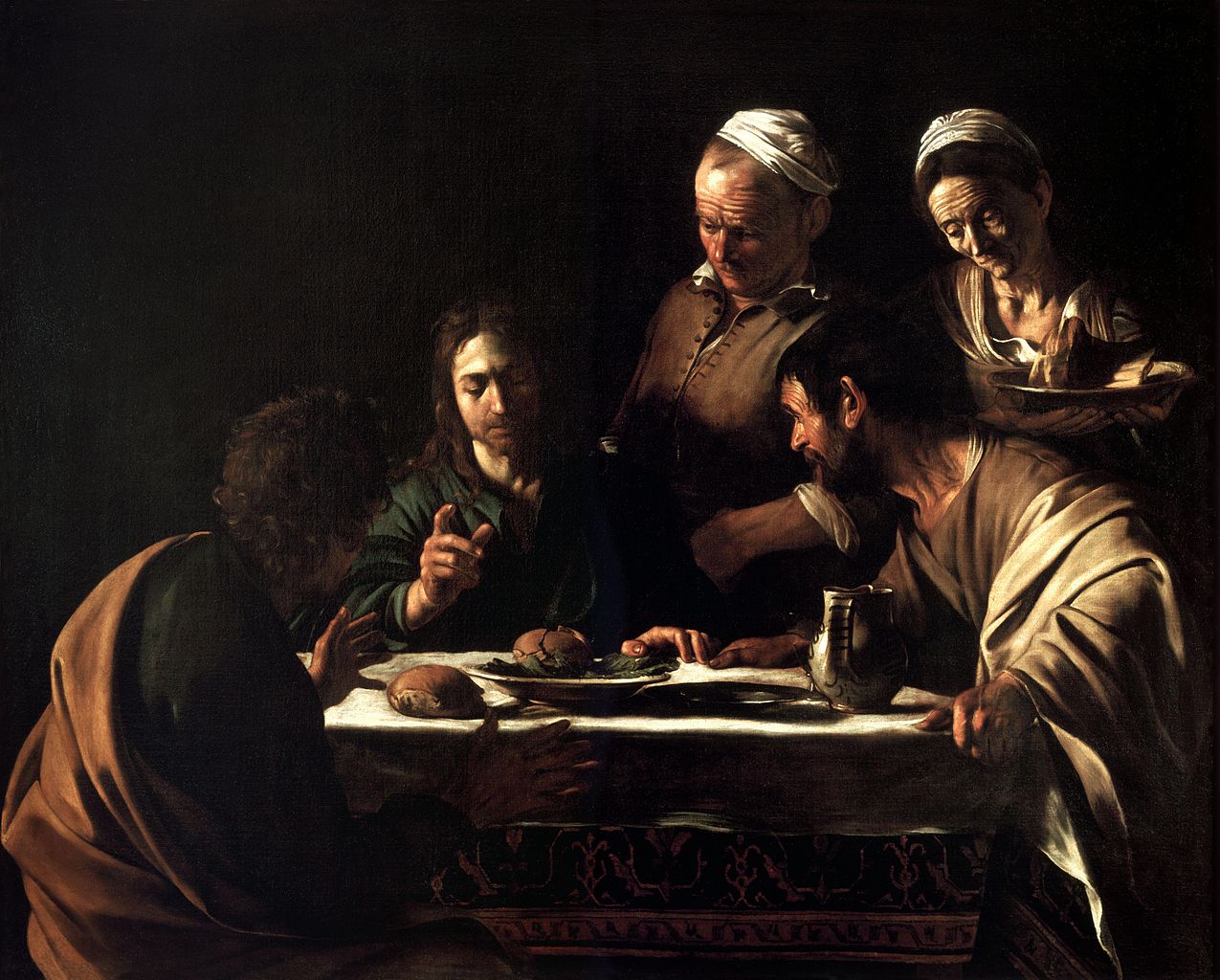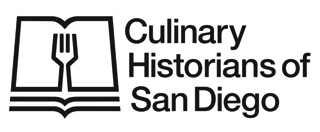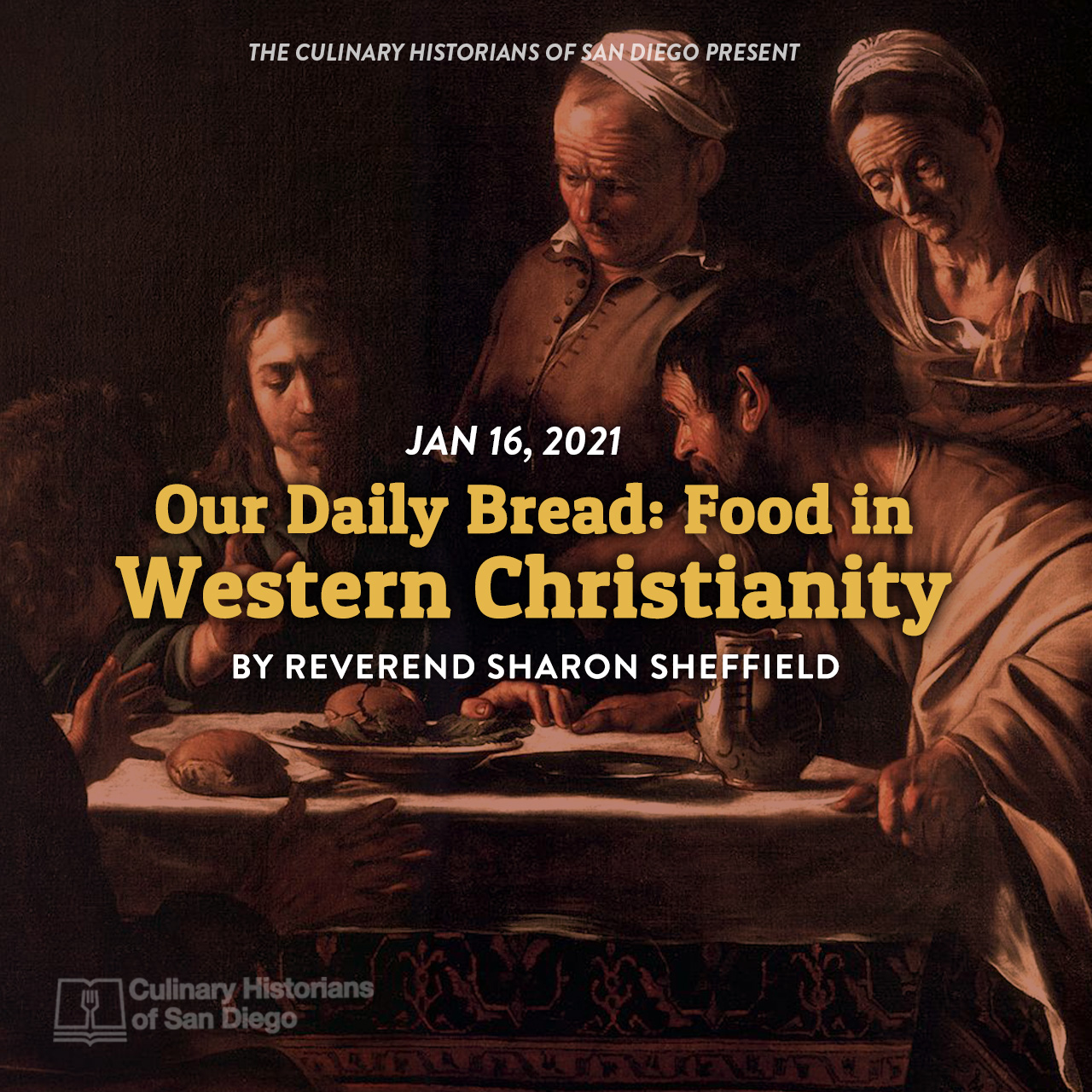
“Our Daily Bread: Food in Western Christianity,” by Rev. Sharon Sheffield
The Culinary Historians of San Diego present “Our Daily Bread: Food in Western Christianity,” by Reverend Sharon Sheffield, at 10:30 am PST on Saturday, January 16, 2021. Rescheduled from Saturday, April 18th, 2020. The event is free and open to the public.
As per San Diego Health Department recommendations, this public meeting will be held online via Zoom.
Food and religion have always been intimately connected. What one eats or doesn’t eat, how food is eaten and with whom, feasting and fasting… all are or have been markers of the religious community. But what specifically has it meant when Christians ask for “our daily bread”? In this lecture, Sharon Sheffield will lead a guided tour of the high points of Western Christianity’s impact on food, with brief excursions into food customs, folklore, and fasting as an expression of faith.
Come hear how beer fasts, soul cakes, sin-eaters, and the Great Leavened/Unleavened Bread Debate are all part of how faith shaped the way some people look at food – and how they still have currency today.
10:30am – 12:00pm PST
Saturday, January 16, 2021
Online/Virtual
Video
List of Sources and Suggestions for Further Reading
The Book of Common Prayer. New York: The Church Hymnal Corporation, 1979.
The Holy Bible, New Revised Standard Version. Nashville: Thomas Nelson Publishers, 1989.
John L. Anderson, A Fifteenth Century Cookry Booke. New York: Charles Scribners Sons, 1967.
Maggie Black and Dierdre LeFaye, The Jane Austen Cookbook. New York: McClelland & Stewart Ltd., 1995.
Anthony F. Chiffolo & Rayner W. Hesse, Jr., Cooking with the Bible: Biblical Food, Feasts & Lore. Westport CT: Greenwood Press, 2006.
Joan D. Chittister, OSB, The Rule of Benedict: Insights for the Ages. New York: The Crossroad Publishing Company, 1999.
Linda Civitello, Cuisine and Culture: A History of Food and People. Hoboken, NJ: John Wiley & Sons, Inc., 2011.
Madeleine Pelner Cosman, Fabulous Feasts: Medieval Cookery and Ceremony. New York: George Braziller, 1976.
Cedric Dickens, Dining with Dickens. Goring-on-Thames: Elvendon Press, 1984.
Charles Dickens, A Christmas Carol. New York: Stewart, Tabori, & Chang, 1990.
Chris Durston, “Lords of Misrule: The Puritan War on Christmas, 1642-60,” in History Today. http://www.historytoday.com/chris-durston/lords-misrule-puritan-war-christmas-1642-60
Jean-Louis Flandrin and Massimo Montanari, eds., Food: A Culinary History from Antiquity to the Present. Translated by Albert Sonnenfeld. New York: Columbia University Press, 1999.
Bridget Ann Henisch, The Medieval Calendar Year. University Park, PA: The Pennsylvania State University Press, 1999.
J. I. Packer and M. C. Tenney, eds., Illustrated Manners and Customs of the Bible. Nashville: Thomas Nelson Publishers, 1980.
Bertram S. Puckle, Funeral Customs. Originally written 1926; online version accessed at http://www.sacred-texts.com/etc/fcod/
Francine Segan, Shakespeare’s Kitchen. New York: Random House, 2003. Sharon Sheffield January 2021
Tom Standage, A History of the World in 6 Glasses. New York: Walker & Company, 2005.
Reay Tannahill, Food in History: New, Fully Revised and Updated Edition. New York: Crown Publishers, Inc., 1988.
Maria Augusta Trapp, The Story of the Trapp Family Singers. New York: Perennial Press, 1990.
Roger Virgoe, ed., Private Life in the Fifteenth Century: Illustrated Letters of the Paston Family. New York: Weidenfeld & Nicolson, 1989.
Margaret Visser, The Rituals of Dinner: The Origins, Evolution, Eccentricities, and Meaning of Table Manners. New York: Grove Weidenfeld, 1991.
J. Wilson, “My faith: What I learned from my 46-day beer-only fast.” http://religion.blogs.cnn.com/2012/02/25my-take-what-i-learned-from-my-46-day-beer-only-fast/
John M. Wilkins and Shawn Hill, Food in the Ancient World. Malden, MA: Blackwell Publishing, 2006.
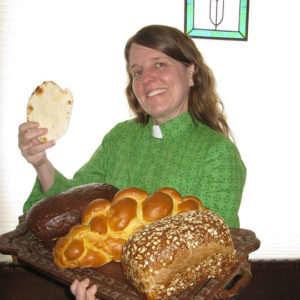 About Reverend Sharon Sheffield
About Reverend Sharon SheffieldThe Reverend Sharon Sheffield is the Vicar of St. Thomas of Canterbury Episcopal Church in Long Beach. Sharon holds degrees in divinity, linguistics, and anthropology, with an emphasis on how myth and folktale shape society and vice versa. In her free time, Sharon enjoys music, drama, and historical reenactment to help people learn about odd bits of religious and social history.
About the Culinary Historians of San Diego
Culinary Historians of San Diego (CHSD) is a nonprofit charitable organization that provides free lectures at the San Diego Public Library. Topics about food and how it relates to history and culture are presented by speakers from around the nation.
JOIN | RENEW | DONATE | SPONSOR
To bring these speakers to San Diego, CHSD relies on funds from donations and membership dues from people like you! Your contribution helps to continue providing these free educational programs. Please visit chsandiego.org to join, renew your membership, or donate. Foodservice industry and corporate sponsorships are available. Contact us for details. Thank you!
Join or Renew at:
https://chsandiego.org/join
Donate at:
https://chsandiego.org/donate
For Sponsorships, Contact:
https://chsandiego.org/contact
Speaker
-
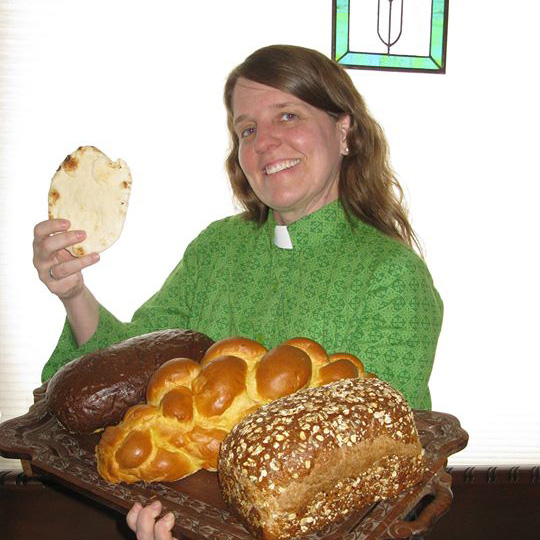 Reverend Sharon SheffieldVicar, St. Thomas of Canterbury
Reverend Sharon SheffieldVicar, St. Thomas of CanterburyReverend Sharon Sheffield is the Vicar of St. Thomas of Canterbury Episcopal Church in Long Beach. Sharon holds degrees in divinity, linguistics, and anthropology, with an emphasis on how myth and folktale shape society and vice versa. In her free time, Sharon enjoys music, drama, and historical reenactment to help people learn about odd bits of religious and social history.

